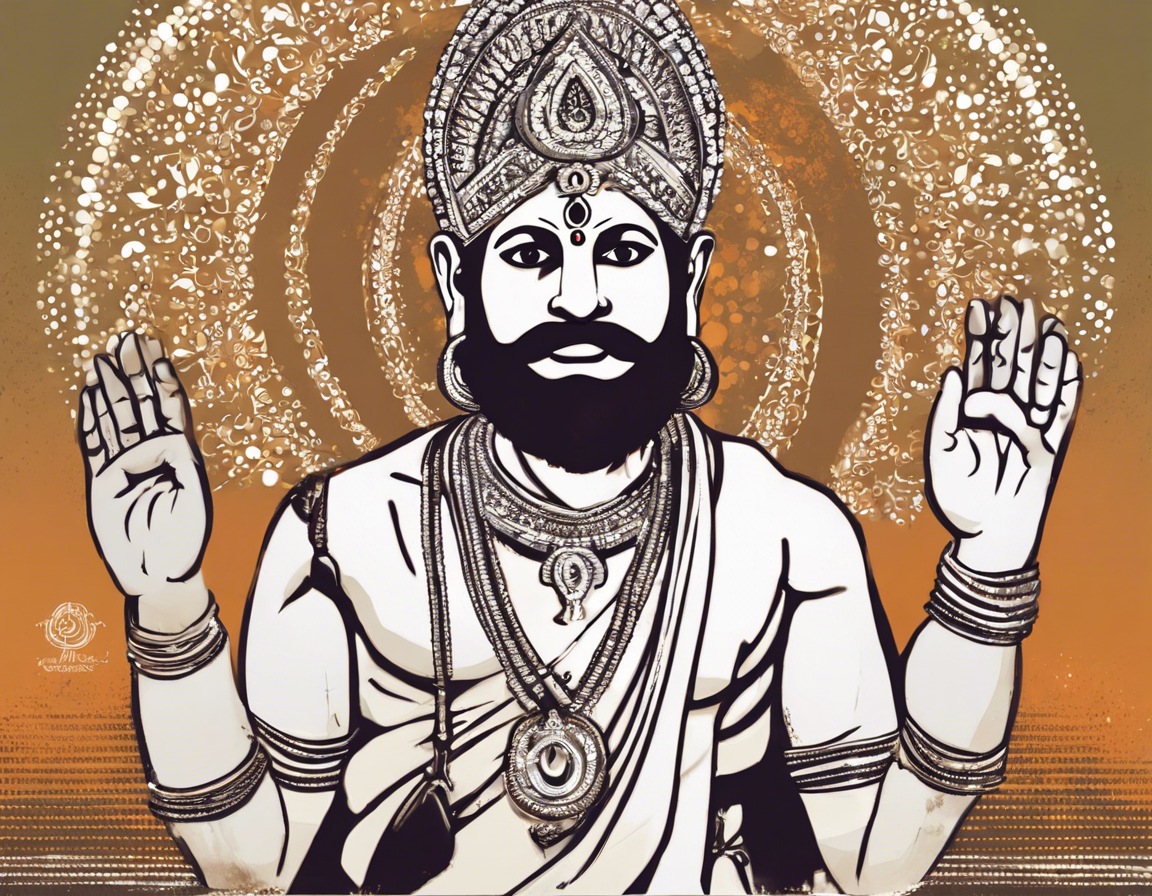Introduction
Birsa Munda, a revolutionary tribal leader from India, has left an indelible mark on the country’s history with his steadfast dedication to the rights and empowerment of indigenous communities. Born on November 15, 1875, in present-day Jharkhand, Birsa Munda spearheaded the tribal movement against British colonial rule and fought for the land and forest rights of the Adivasi community. His legacy continues to inspire generations to uphold the values of justice, equality, and self-determination. On the occasion of his birthday, let us delve into the life, achievements, and ideology of this iconic leader.
Early Life and Influence
Birsa Munda was born into the Munda tribe, a marginalized indigenous community in the British-ruled territory of Chotanagpur. His upbringing in a society that faced oppression and discrimination fueled his resolve to advocate for the rights of his people. Inspired by tribal traditions, Birsa Munda learned about the customs, folklore, and spiritual practices of the Adivasi communities, which served as the foundation of his identity and leadership.
Rebellion Against British Rule
The late 19th century witnessed widespread exploitation of tribal lands by British colonizers, leading to economic deprivation and cultural erosion among indigenous communities. Recognizing the urgent need for resistance, Birsa Munda galvanized the tribal population through his powerful oratory and visionary leadership. He organized mass gatherings, tribal councils, and protests against the oppressive policies of the British administration.
Uprising and Movement
In 1899, Birsa Munda launched a mass uprising, known as the Ulgulan movement or the Great Tumult, which aimed to challenge the hegemony of the British government and local landlords. He called for unity among the tribes, urging them to reclaim their ancestral lands, assert their cultural identity, and demand autonomy over resources. The movement spread rapidly across present-day Bihar, Jharkhand, and Odisha, striking fear into the hearts of the colonial authorities.
Philosophy and Vision
Birsa Munda’s philosophy centered on the principles of equality, justice, and self-governance for the tribal communities. He envisioned a society where every individual, regardless of caste or class, would have the right to live with dignity and freedom. His teachings emphasized the importance of preserving indigenous traditions, protecting the environment, and fostering solidarity among marginalized groups.
Legacy and Impact
Despite facing immense challenges and repression from the colonial regime, Birsa Munda’s legacy endured beyond his untimely death in 1900. His martyrdom at the age of 25 became a symbol of resistance and resilience for the Adivasi people, who continued to draw inspiration from his bravery and determination. The Ulgulan movement laid the groundwork for future struggles for tribal rights and served as a catalyst for the formation of Jharkhand state in independent India.
Commemoration and Remembrance
Every year on November 15, people across India commemorate Birsa Munda’s birth anniversary with prayers, cultural programs, rallies, and tributes. His statues adorn public places, his name graces roads and institutions, and his ideals resonate with those who strive for social justice and inclusive development. Various organizations and political parties also invoke his legacy to advocate for the rights of indigenous communities and marginalized populations.
FAQs about Birsa Munda
Q1: Who was Birsa Munda?
A1: Birsa Munda was a tribal leader and freedom fighter from India who led the Ulgulan movement against British colonial rule in the late 19th century.
Q2: What was the Ulgulan movement?
A2: The Ulgulan movement, also known as the Great Tumult, was a mass uprising led by Birsa Munda to protest against the exploitation of tribal lands and demand rights for indigenous communities.
Q3: What were Birsa Munda’s teachings?
A3: Birsa Munda’s teachings focused on equality, justice, and self-governance for tribal communities, along with the preservation of indigenous traditions and environmental protection.
Q4: How did Birsa Munda’s legacy impact Indian society?
A4: Birsa Munda’s legacy inspired future generations to fight for the rights of marginalized communities and played a significant role in the formation of Jharkhand state.
Q5: How is Birsa Munda commemorated today?
A5: Birsa Munda’s birth anniversary is commemorated with prayers, cultural programs, and tributes across India, with various organizations and political parties invoking his legacy for advocacy.
Conclusion
In conclusion, Birsa Munda’s contributions to the struggle for social justice, tribal rights, and cultural preservation remain relevant in contemporary India. His fearless spirit, unwavering commitment, and inclusive vision continue to inspire individuals and communities to uphold the values of equality, unity, and resistance against injustice. On his Jayanti, let us remember Birsa Munda’s extraordinary journey and rekindle our pledge to honor his legacy through collective efforts towards a more equitable and harmonious society.
